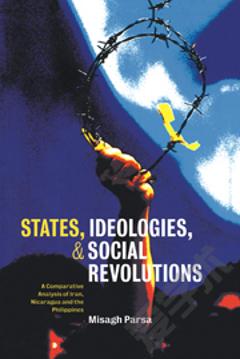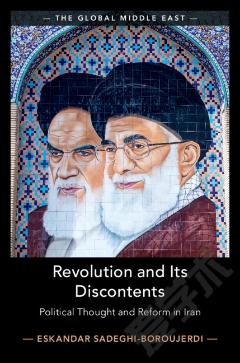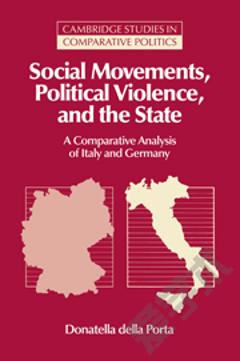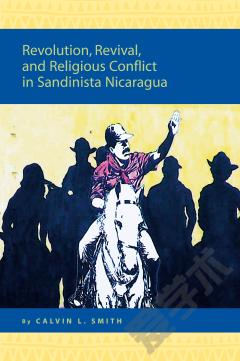States, Ideologies, and Social Revolutions: A Comparative Analysis of Iran, Nicaragua, and the Philippines
Between 1979 and 1986 Iran, Nicaragua, and the Philippines underwent dramatic political and social revolutions. This book examines the conditions and processes that gave rise to revolutions and their outcomes, through an in-depth analysis of economic and political developments in these countries. The book studies the background to revolution provided by state formation and development, economic intervention, the states' vulnerabilities, and the social consequences of their development policies. Extensive primary data is used to analyze the impact of the collective actions and ideologies of the major social groups involved - students, clergy, workers, and capitalists - and how they affected the potential for a successful revolutionary outcome. Parsa challenges prevailing theories of social revolution and develops an alternative model that incorporates variables from a wide variety of perspectives. His book provides a valuable framework within which to understand the causes of revolutions, their mechanics and development, and their outcomes.
{{comment.content}}








 京公网安备 11010802027623号
京公网安备 11010802027623号